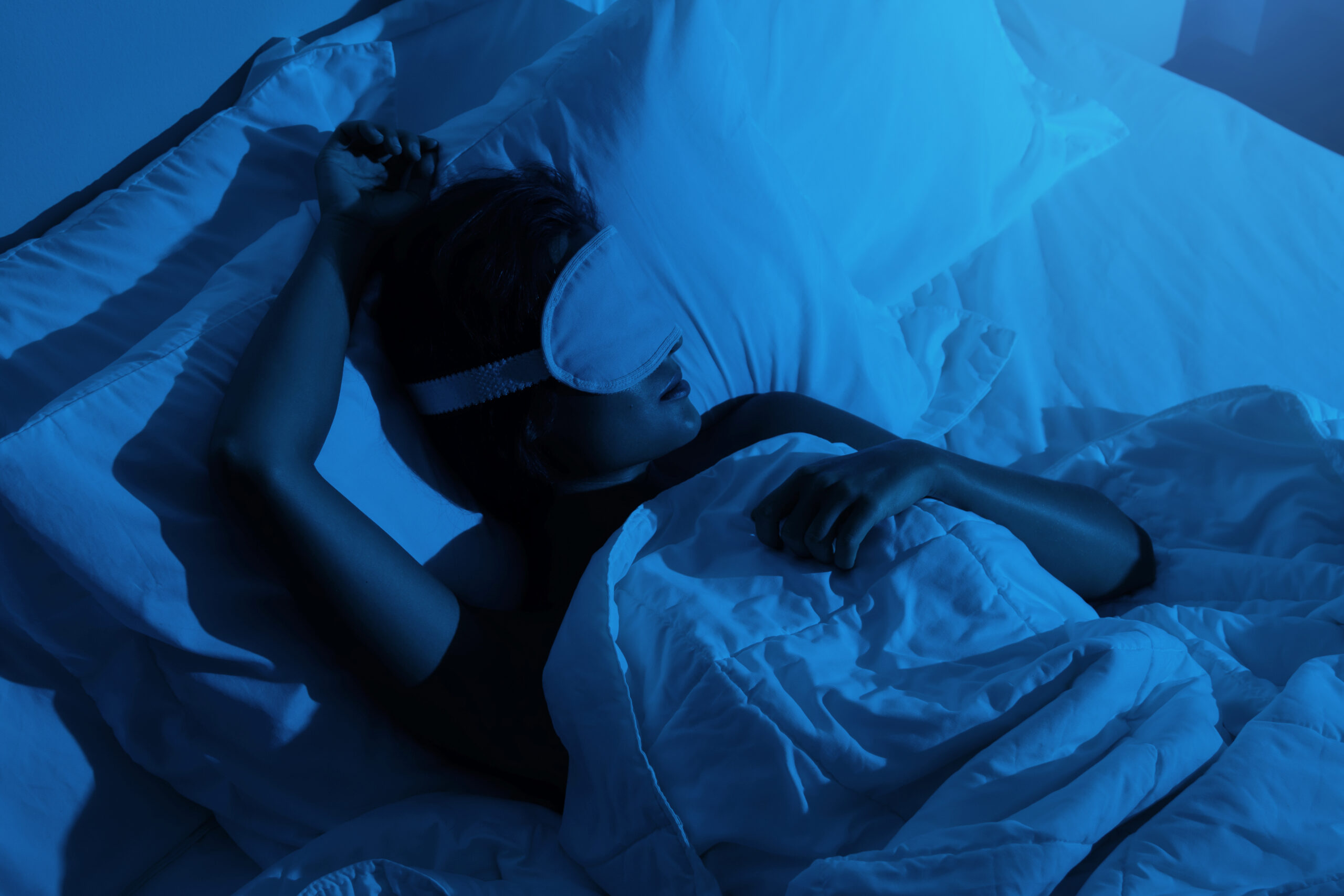Table of Contents

Unlocking deeper sleep could be the key to improved health and cognitive function, but many adults are missing out on this vital component of wellbeing without even realizing it.
At a Glance
- Sleep quality, especially deep and REM sleep, is crucial for physical repair, cognitive function, and emotional regulation
- Biohacking sleep involves optimizing hormones like melatonin and cortisol through lifestyle and environmental adjustments
- Consistent sleep schedules, proper bedroom environment, and morning light exposure can significantly improve sleep quality
- Limiting caffeine, alcohol, and late-night eating supports the body's natural transition into deeper sleep stages
- Sleep tracking technology can help identify patterns and measure improvements in sleep quality
Understanding Sleep Architecture and Its Impact on Health
Sleep isn't just one uniform state but consists of distinct stages that each play vital roles in our overall health. These include light sleep, REM (rapid eye movement) sleep, and deep sleep. Each stage serves specific functions, from memory consolidation and creativity support during REM sleep to physical restoration and immune system strengthening during deep sleep. When these cycles are disrupted or shortened, the consequences extend far beyond feeling tired the next day.
Sleep problems can lead to cognitive decline, mood disorders, weakened immune systems, and increased risks for chronic health conditions like heart disease, diabetes, and obesity. The good news is that understanding sleep architecture allows us to target specific improvements. Adults should aim for 7-8 hours of quality sleep, with research suggesting that most deep sleep occurs during the first half of the night, making the initial hours of sleep particularly valuable.
What is known about brain fog / mental clarity?
(an inclusive report by o1-pro)Below is a wide-ranging, detailed synthesis of current knowledge on brain fog—sometimes referred to more formally as “cognitive clouding” or “subjective cognitive impairment”—and mental clarity…
— 🇷🇴 cristi (@CristiVlad25) January 12, 2025
Optimizing Your Sleep Environment
Creating the ideal sleep environment is foundational to quality rest. Your bedroom should be cool (between 62-70°F), completely dark, and quiet. Even small amounts of light can suppress melatonin production and disrupt sleep cycles. Consider using blackout curtains, removing electronic devices with LED indicators, or wearing a sleep mask if necessary. Sound disruptions can prevent entry into deeper sleep stages, so earplugs or white noise machines may help create a consistent sound environment.
Air quality also matters significantly for sleep. Well-ventilated rooms with lower CO2 levels promote better sleep quality. Some people benefit from air purifiers, especially those with allergies or respiratory issues. Your sleep surface matters too—an appropriate mattress and pillow that support proper alignment can prevent discomfort that might otherwise cause you to shift frequently during the night, interrupting deeper sleep stages.
Aligning With Your Circadian Rhythm
The body's internal clock strongly influences sleep quality. Maintaining a consistent sleep schedule—going to bed and waking up at the same times every day, even on weekends—helps strengthen your circadian rhythm. This consistency makes it easier to fall asleep quickly and achieve more deep sleep. Morning light exposure is particularly effective for setting your body clock. Spend 10-20 minutes outdoors within an hour of waking, or use a light therapy lamp during darker winter months.
Evening habits are equally important. Limit blue light exposure from screens at least 1-2 hours before bed, or use blue light blocking glasses if screen use is unavoidable. Develop a consistent pre-sleep routine that signals to your body it's time to wind down. This might include relaxation techniques like gentle stretching, reading, or meditation. Avoid introducing new or stimulating information before bed, which can activate your mind when you're trying to calm it.
Dietary and Supplement Strategies for Better Sleep
What you consume throughout the day significantly impacts sleep quality. Caffeine has a half-life of 5-6 hours, so avoid it after midday if sleep issues persist. Alcohol might help you fall asleep initially but disrupts REM sleep and increases nighttime awakenings. Large meals close to bedtime force your digestive system to work when your body should be preparing for rest. Instead, finish eating at least 2-3 hours before bed.
When lifestyle adjustments aren't enough, certain supplements may help. Magnesium supports relaxation and has been shown to improve sleep quality. Melatonin supplements can help reset sleep cycles, though they're best used temporarily rather than as a permanent solution. Some find glycine, L-theanine, or GABA helpful for promoting calmness before sleep. As with any supplement, consult with a healthcare provider first, especially if you have existing health conditions or take medications.
Tracking and Measuring Sleep Quality
Modern technology offers valuable insights into sleep patterns that were previously invisible. Wearables like the Oura Ring and various smartwatches can track sleep stages, heart rate variability, body temperature, and more. These metrics help identify patterns and measure improvements when implementing new sleep strategies. Regular tracking provides objective data about what's working and what isn't, allowing for personalized adjustments to your sleep approach.
Beyond technology, maintain awareness of subjective measures like morning energy levels, daytime alertness, and mood stability. These indicators often reflect sleep quality more meaningfully than numbers alone. Remember that occasional nights of poor sleep are normal and shouldn't cause anxiety. Focus on long-term trends and consistent habits rather than perfect sleep every night. By implementing these evidence-based strategies consistently, most adults can significantly improve their sleep quality and experience the profound health benefits that come with proper rest.
Sources:
https://www.betterwayhealth.com/biohacking-sleep
https://www.sleepfoundation.org/stages-of-sleep/how-to-get-more-deep-sleep
https://outliyr.com/biohacking-sleep
https://blog.ultrahuman.com/blog/science-backed-tips-for-deep-sleep/
AD
Most Recent
AD
